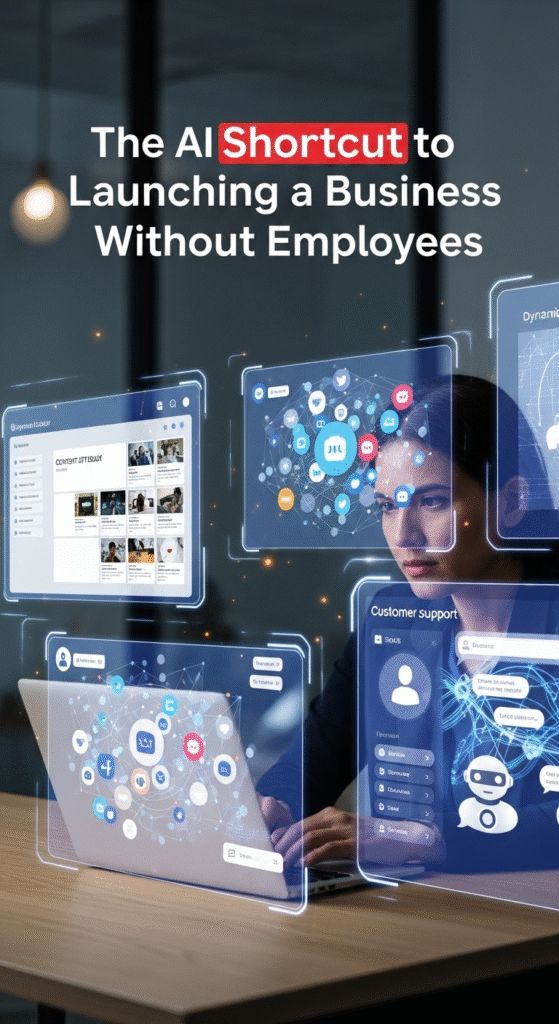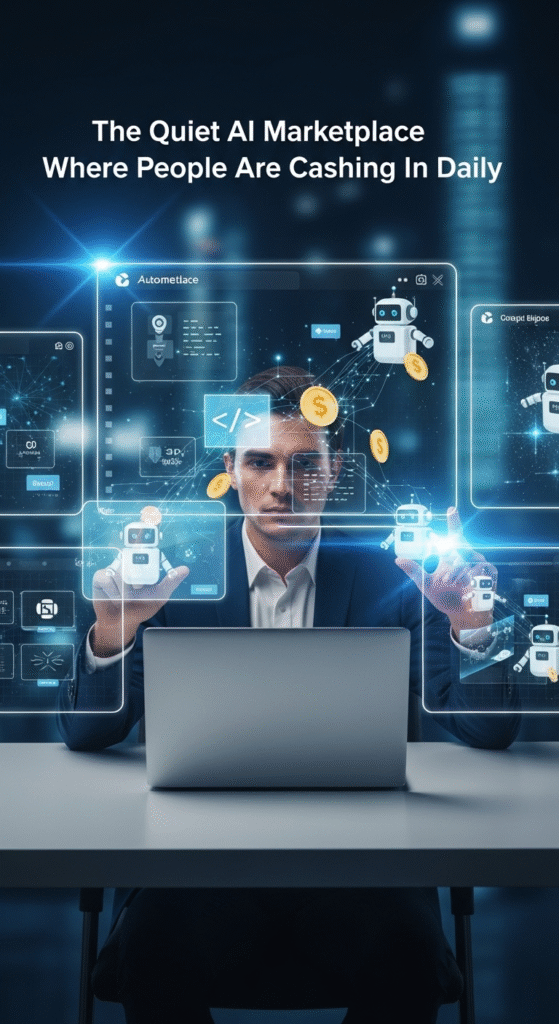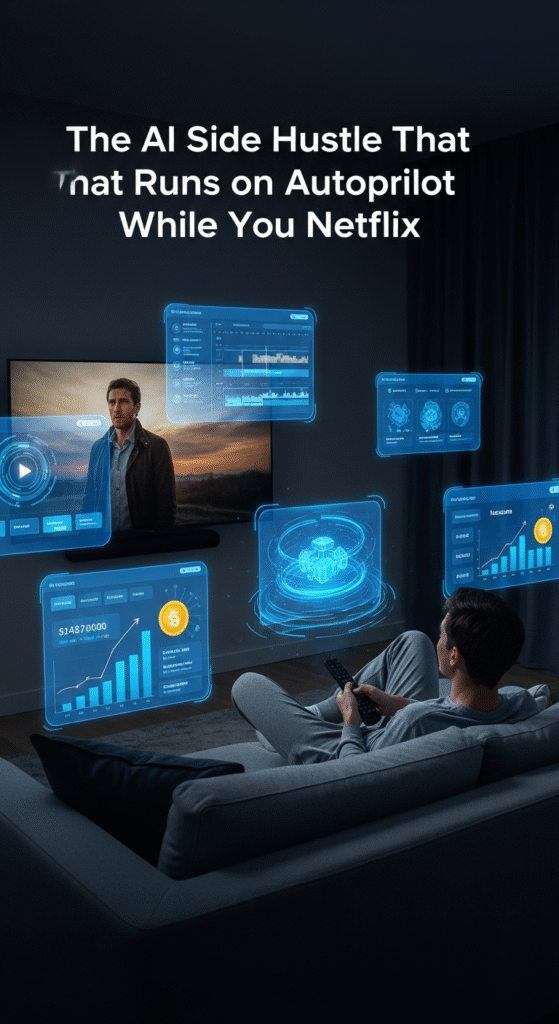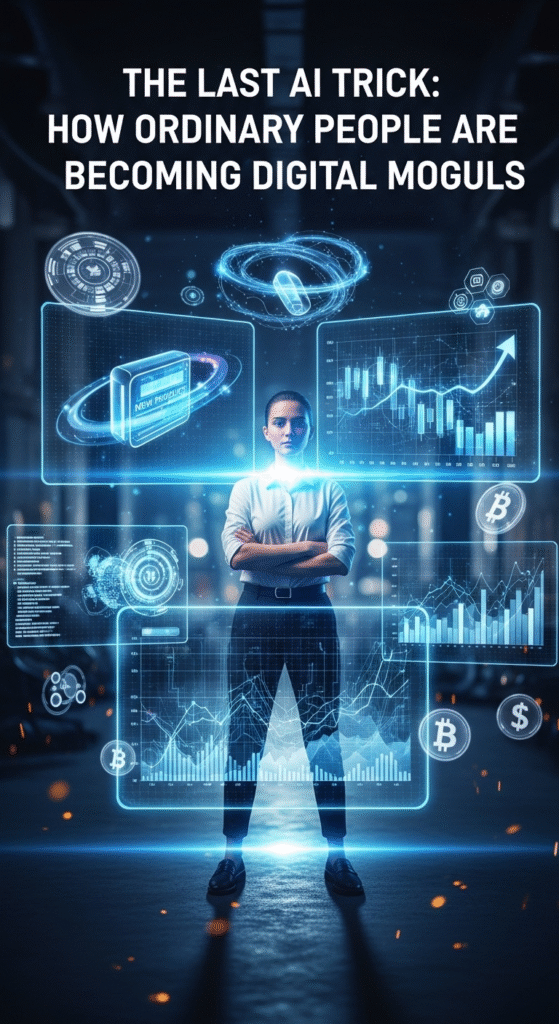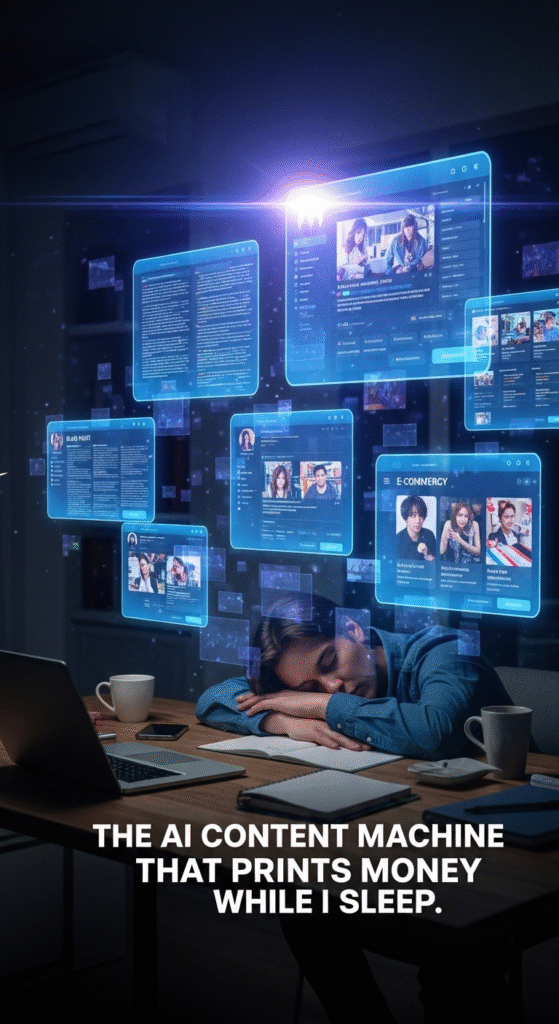Quantum computers promise to outsmart classical machines, but what does that really mean for everyday people? From faster searches to potential privacy risks, here’s the bar-chat version of how this tech battle might touch your life.
You’re at the bar explaining to a friend why quantum computers are “supposedly” the future. They nod, pretending to get it, but secretly they’re thinking, “So… does this affect me?” The short answer: maybe more than you realize.
Classical computers do everything we’re used to—emails, spreadsheets, apps. Quantum computers do the same, but with a different kind of math that can solve certain problems insanely fast. That means faster drug discovery, better logistics, and smarter AI—but also the potential to break encryption that keeps your personal data safe.
Some whisper that companies and governments are already experimenting quietly. Big names like Google, IBM, and Microsoft are racing to claim the quantum crown. The winner could dominate industries, finance, and even security, giving them a huge advantage over everyone else.
For everyday people, the benefits might sound amazing: better maps, smarter AI assistants, faster tech. But there’s a dark side—if quantum computing breaks current encryption, your bank accounts, medical records, and private messages could be vulnerable before new protections are in place.
So here’s the bar-talk truth: quantum computers aren’t sci-fi anymore. They’re a powerful tool, but like any tool, they can help or hurt you. Paying attention now, and understanding what’s coming, might be the smartest move before your data or devices are suddenly playing in a quantum-powered world.


